To provide the best experiences, we use technologies like cookies to store and/or access device information. Consenting to these technologies will allow us to process data such as browsing behaviour or unique IDs on this site. Not consenting or withdrawing consent, may adversely affect certain features and functions.
The technical storage or access is strictly necessary for the legitimate purpose of enabling the use of a specific service explicitly requested by the subscriber or user, or for the sole purpose of carrying out the transmission of a communication over an electronic communications network.
The technical storage or access is necessary for the legitimate purpose of storing preferences that are not requested by the subscriber or user.
The technical storage or access that is used exclusively for statistical purposes.
The technical storage or access that is used exclusively for anonymous statistical purposes. Without a subpoena, voluntary compliance on the part of your Internet Service Provider, or additional records from a third party, information stored or retrieved for this purpose alone cannot usually be used to identify you.
The technical storage or access is required to create user profiles to send advertising, or to track the user on a website or across several websites for similar marketing purposes.
 Many of us have had little choice but to resort to remote working in the midst of the coronavirus pandemic. It is just days since Google, Apple and Twitter were making headlines by ordering their employees to work from home, but you could now say the same about lots of companies. (more…)
Many of us have had little choice but to resort to remote working in the midst of the coronavirus pandemic. It is just days since Google, Apple and Twitter were making headlines by ordering their employees to work from home, but you could now say the same about lots of companies. (more…)







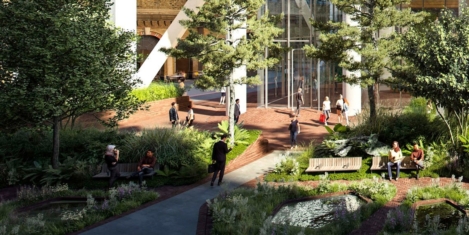
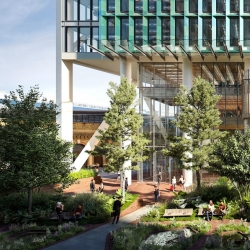


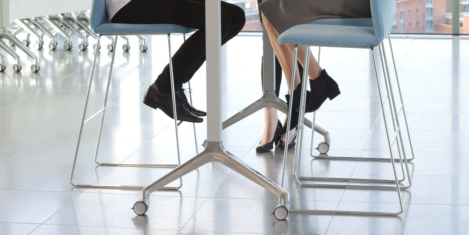



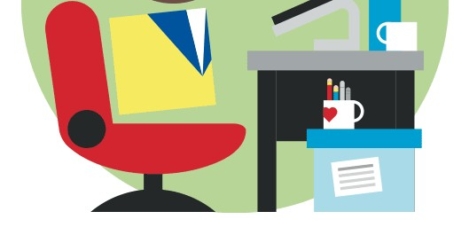
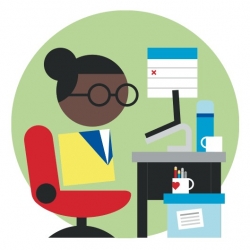


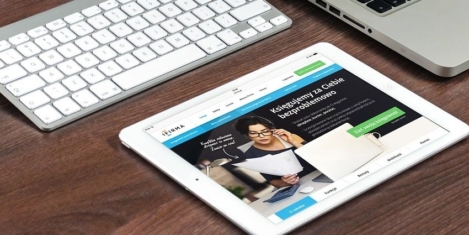
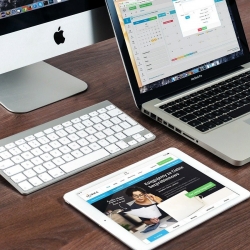 Research of product popularity and customer click out data by product comparison service,
Research of product popularity and customer click out data by product comparison service, 












April 14, 2020
Picking through the workplace chatter
by Mark Eltringham • Comment